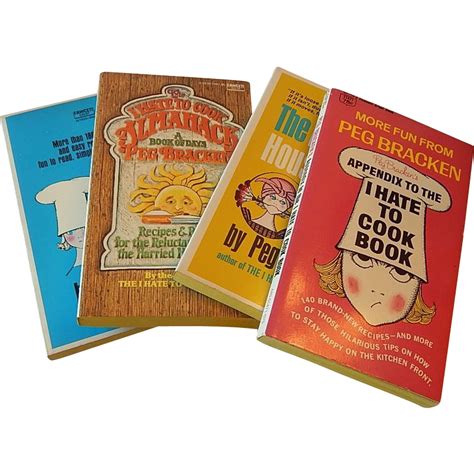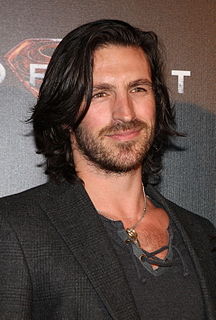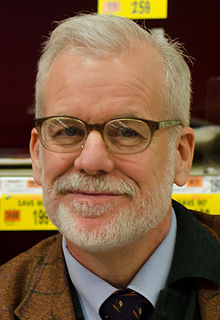A Quote by Kate Garraway
Whatever your age, parents generally embarrass their children. I think that's a role we have to play.
Related Quotes
Of course, everyone's parents are embarrassing. It goes with the territory. The nature of parents is to embarrass merely by existing, just as it is the nature of children of a certain age to cringe with embarrassment, shame, and mortification should their parents so much as speak to them on the street.
Certainly parents play a crucial role in the lives of individuals who are intellectually gifted or creatively talented. But this role is not one of active instruction, of teaching children skills,... rather, it is support and encouragement parents give children and the intellectual climate that they create in the home which seem to be the critical factors.
There was an age in which it was clear to me that my parents weren't perfect, but then there was an age at which I had empathy for that. And that was through therapy, probably. You have to rebuild and you also have to grow in your understanding of whatever it is your parents are facing, and that takes a major, profound shift of perspective from being a child.
Children make you confront your own childhood. Which I think is common. Suddenly you're remembering your own parents as parents, not to mention the fact that you're confronted by them as grandparents. So you also have that terrible shock, a mirror image of your own. You suddenly seem to be so helpless in the face of young children. And you think, "How did you ever bring up me?"
When the perfect order prevails, the world is like a home shared by all. Leaders are capable and virtuous. Everyone loves and respects their own parents and children as well as the parents and children of others. The old are cared for, adults have jobs, children are nourished and educated. There is a means of support for all those who are disabled or find themselves alone in the world. Everyone has an appropriate role to play in the family and society. Devotion to public duty leaves no place for idleness. Scheming for ill gain is unknown. Sharing displaces selfishness and materialism.

































